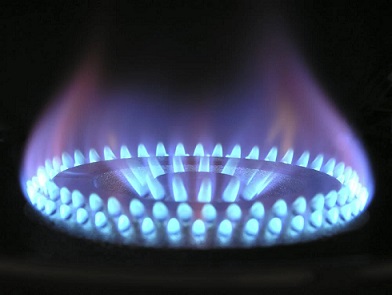On Sunday, German Finance Minister Christian Lindner warned that Germany is going to have to confront the fact that higher energy prices are the new reality for the nation.
In an interview with Bild newspaper, Lindner said that now that the nation has been more permanently cut off from cheap Russian energy supplies like cheap pipeline gas, it is going to cost more to replace that energy. As a result, the citizenry will have to come to terms with the fact there is no way to go back to the days when energy was as cheap and plentiful as it used to be.
He added, “It will be a new normal. Gas via the liquid gas terminals is more expensive than Russian pipeline gas for logistical reasons alone. So, the price level remains higher, but without ruinous spikes.”
Since the Russian invasion of Ukraine, Europe has seen natural gas prices spike to unprecedented levels, as sanctions on Russia and disruptions in pipeline supplies have reduced flows of cheap Russian gas to Europe. As these energy costs skyrocketed, it drove unprecedented levels of inflation throughout the EU.
In an effort to shield consumers from the spikes in energy prices, the EU countries agreed in December to place an emergency price cap on wholesale gas prices of €180 ($191) per megawatt hour (MWh), which will go into effect on February 15.
However the continent has been seeing some relief of late, as unseasonably warm weather in parts of Europe, and filled reserves, have taken some of the pressure off consumers.
Front-month natural gas futures on the TTF hub in the Netherlands dropped precipitously on Monday to just above €73 ($78) MWh in household terms, the lowest price seen since last February.
Despite recent declines though, gas prices are still several times the long-term average, which was set while Russian pipeline gas was freely available to the bloc. Between 2017 and 2019, before the pandemic hit, or Russian supplies were cut off, gas was trading in the €10-25 MWh range on the TTF hub.

